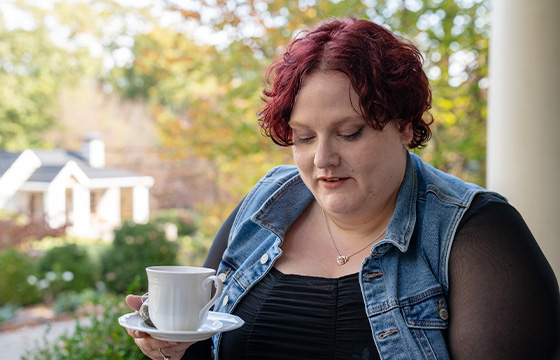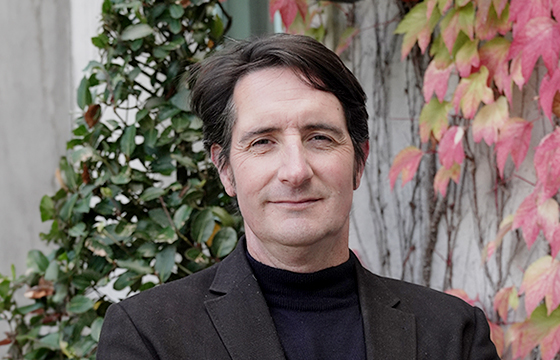What are biologic treatments?
Biologic treatments, or ‘biologics’, are a relatively new kind of medicine that can be used to treat a variety of different conditions. They’re distinct from other medicines because they’re made from living organisms. For people with HS, biologics will be usually used after other medications haven’t worked to reduce symptoms.
Biologic treatments work by targeting certain parts of your immune system to suppress the inflammatory response. There are two types of biologics currently approved to treat HS:
How are biologic treatments delivered?
Because of the way biologic treatments are made, they are rarely given by mouth as they are susceptible to being broken down by the digestive system, and many are too large to be properly absorbed in the intestines. Instead, biologic therapies are given by injection either beneath the skin or into a vein (intravenously).
Side effects of biologic treatments
As with any medicine, there are possible side effects from taking biologic treatments. You may get some or none of these, and they may vary depending on which treatment you receive.
The most common side effects of biologics for HS can include:
- Pain, swelling, redness or itching where the injection was given
- Mild nose, throat or sinus infection
- Headache
- Stomach pain, nausea and vomiting
- Muscle or bone pain
- Cold symptoms
- Upper respiratory tract infections
- Diarrhoea
It is recommended to speak to your dermatologist if you’re taking one of these medications and are experiencing side effects.
Want to learn more about hidradenitis suppurativa? Click below to access more information.

Surgeries and Other Procedures for HS
There are surgical and non-surgical procedures that can help treat severe HS.
Read more
Conventional Treatments
Conventional therapies for HS include antibiotics, steroids and hormonal therapy.
Read more
Flare-up and Scar Management
Learn how to manage flare-ups of HS symptoms and how to promote scar healing.
Read moreThe information provided on this website is not a substitute for professional medical care. If you have any concerns about your health or medicine, you should consult your healthcare specialist or general practitioner.
If you get any side effects, talk to your doctor, pharmacist or nurse. This includes any possible side effects not listed in the patient information leaflet. You can also report side effects directly in the UK via the Yellow Card Scheme website: https://yellowcard.mhra.gov.uk/ or via the the MHRA Yellow Card App in the Google Play or Apple App Store. In Ireland please report via the HPRA at https://www.hpra.ie/homepage/about-us/report-an-issue.
You can also report adverse events to UCB at UCBCares.UK@ucb.com or UCBCares.IE@ucb.com.


